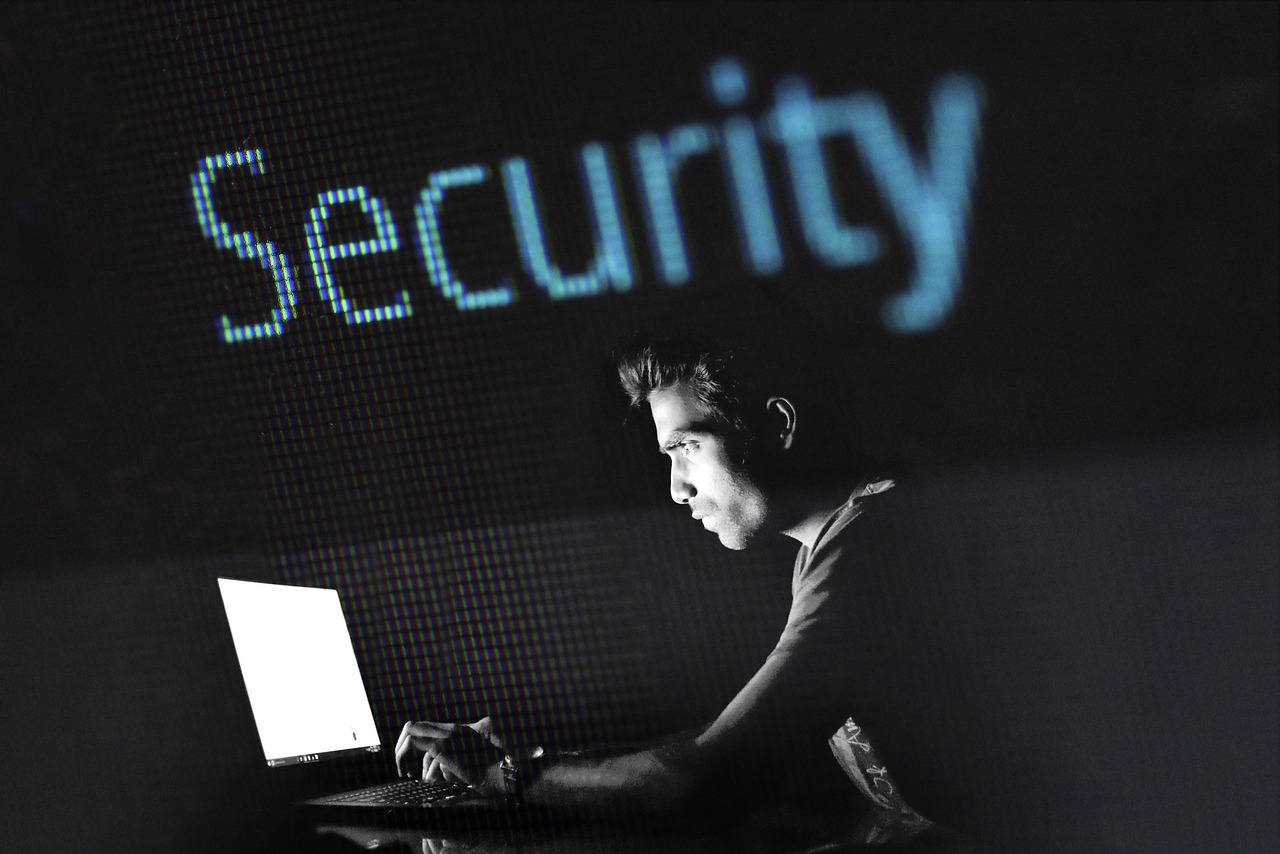Table of Contents
Cybersecurity In 2025, our lives are more connected than ever. From smart homes and wearable devices to online banking, digital IDs, and AI assistants, the average person interacts with the internet in dozens of ways daily. But with this digital convenience comes a critical question:
How safe is your data in today’s world of evolving cyber threats?
Data breaches, identity theft, phishing attacks, and artificial intelligence-driven cyberattacks are increasing. As technology has become more intelligent, the bad guys have too. That’s why learning about cybersecurity and taking preventative measures is no longer a choice—it’s a necessity.
The Reality of Cybersecurity in 2025
In 2025, cybercrime is quicker, more technologically advanced, and more difficult to trace. Computer hackers now employ artificial intelligence to run automated attacks, break passwords, impersonate identities, and even penetrate secured networks. More alarming is the fact that:
- Personal information is a precious resource on the dark net.
- Most individuals still use the same password for multiple accounts.
- Smart devices tend to gather information without users’ complete knowledge.
Whether you’re a business owner, a professional, or a student, your information is under attack unless you take the proper precautions.
Cybersecurity Threats in 2025
AI-Powered Phishing: Bafflingly realistic emails and messages that deceive individuals into clicking on malicious links or divulging personal details.
Deepfake Scams: Deepfake audio or video of familiar contacts exploited to deceive victims.
Ransomware Attacks: Thieves encrypt your information and ask for money to restore access.
Smart Device Threats: Inadequate security in devices such as smart TVs, baby monitors, and home assistants.
Public Wi-Fi Threats: Malware intercepts information on unprotected networks.
Cybersecurity Hacks Everyone Ought to Know in 2025
- Strong, Uncommon Passwords
Don’t reuse the same password for many accounts. Utilize a password manager to create and save strong, secure passwords. - Activate Multi-Factor Authentication (MFA)
Always enable MFA, particularly for banking, email, and cloud services. It provides another layer of security—even if your password gets stolen. - Update Software and Devices
Periodic updates fill in security gaps. Turn on automatic updating on your devices, applications, and antivirus tools. - Be Suspicious of Unsolicited Messages
Whether it’s an email from your “boss” or a text from your “bank,” check first before you click. If it doesn’t sound right, it likely isn’t. - Keep Your Wi-Fi and IoT Devices Secure
Change default router passwords
Use strong Wi-Fi encryption (WPA3)
Check regularly what devices are connected to your network
- Don’t Use Public Wi-Fi for Sensitive Tasks
Never log in to your bank, email, or sensitive files on open public networks unless you’re using a secure VPN. - Back Up Your Stuff Regularly
If your system crashes or you suffer a ransomware attack, backups mean you won’t lose everything. Use cloud backups that are encrypted or an external hard drive. - Educate Your Family and Yourself
Cybersecurity is not one person’s job. Teach children and elderly family members about:
- Safe browsing practices
- How to identify scam messages
- The use of privacy settings
The Future: Privacy by Design
With increasing alarm, governments and technology firms are implementing “privacy by design”—designing systems to safeguard your information in the first place. Legislation such as the Global Data Privacy Act (GDPA) tries to bring companies to account for data exploitation. But until regulations completely catch up, individual vigilance and prudence are your best protection.
Final Thoughts
In 2025, safety online isn’t a technical problem—it’s a personal one. One click can reveal your identity, your money, or your job. But with the right habits and tools, you can keep your online life safe and navigate the web fearlessly.

